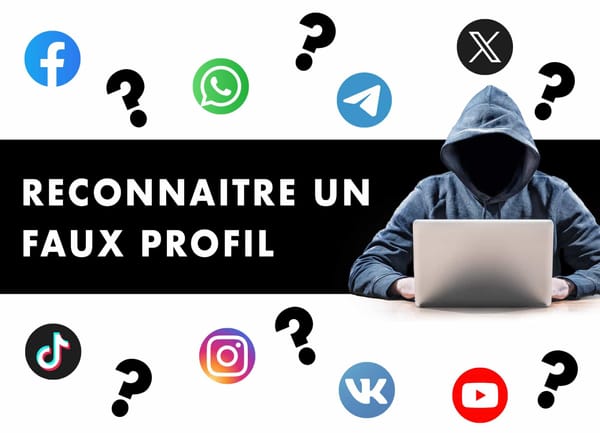
Do you know how to detect false profiles on social networks?
Trolls, bots, false profiles ... On social networks, it is not so difficult to spot them when you know where and how to look for information to unmask them!
Hey! 👋 We are

Trolls, bots, false profiles ... On social networks, it is not so difficult to spot them when you know where and how to look for information to unmask them!
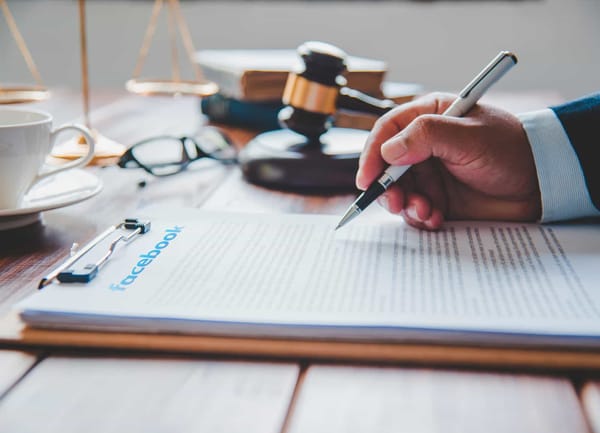
More African states, such as Egypt, Côte d'Ivoire and recently Burkina Faso, opt for social media regulations. The risks and opportunities are to be weighed, especially concerning freedom of expression.
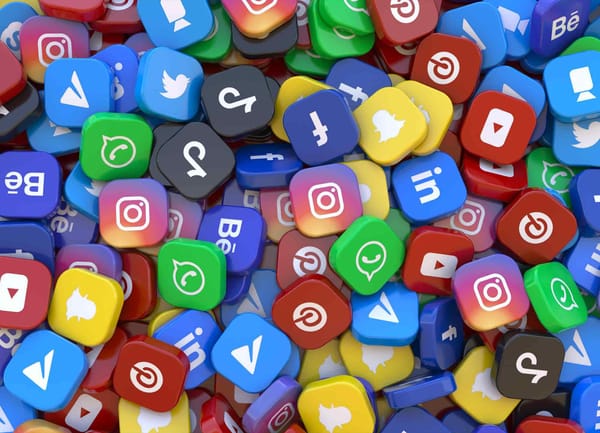
Young people in Central and West Africa favor social networks in traditional media. However, both in mass media and on digital platforms, false information is omnipresent, requiring the adoption of preventive measures against these info.
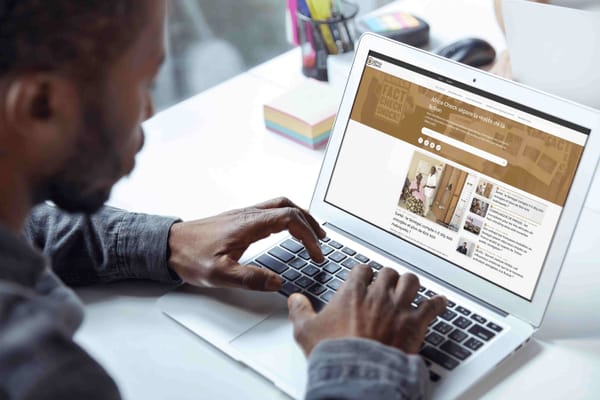
Monique Ngo Mayag in Dakar and Oluwasegun Olakoyenikan in Nigeria are examples among many journalists-factcheckers in Africa. More and more editors include Fact-Checking sections to check and contextualize information.
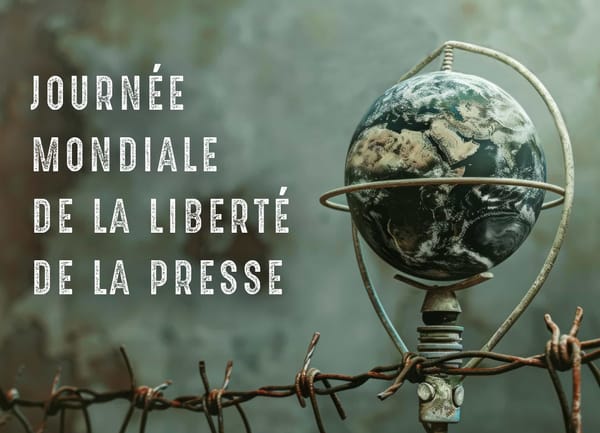
Press freedom is a democratic system. It is based on freedom of opinion and freedom of expression. It is one of the main freedoms of man. (According to article 19 of the Universal Declaration of Human Rights of 1948.)

The highly anticipated 2022 World Cup is marred by controversies and false news. The "beginning", a growing practice on the internet, consists in checking and correcting these false information, as illustrated by the example of rumors on the grandmother of Embolo.
Do not miss any info on Fact-Checking in Africa
and follow the RSS feed for our partners!
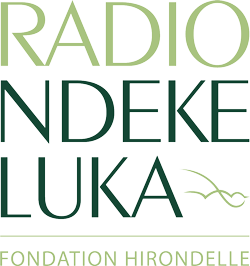
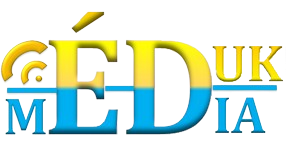
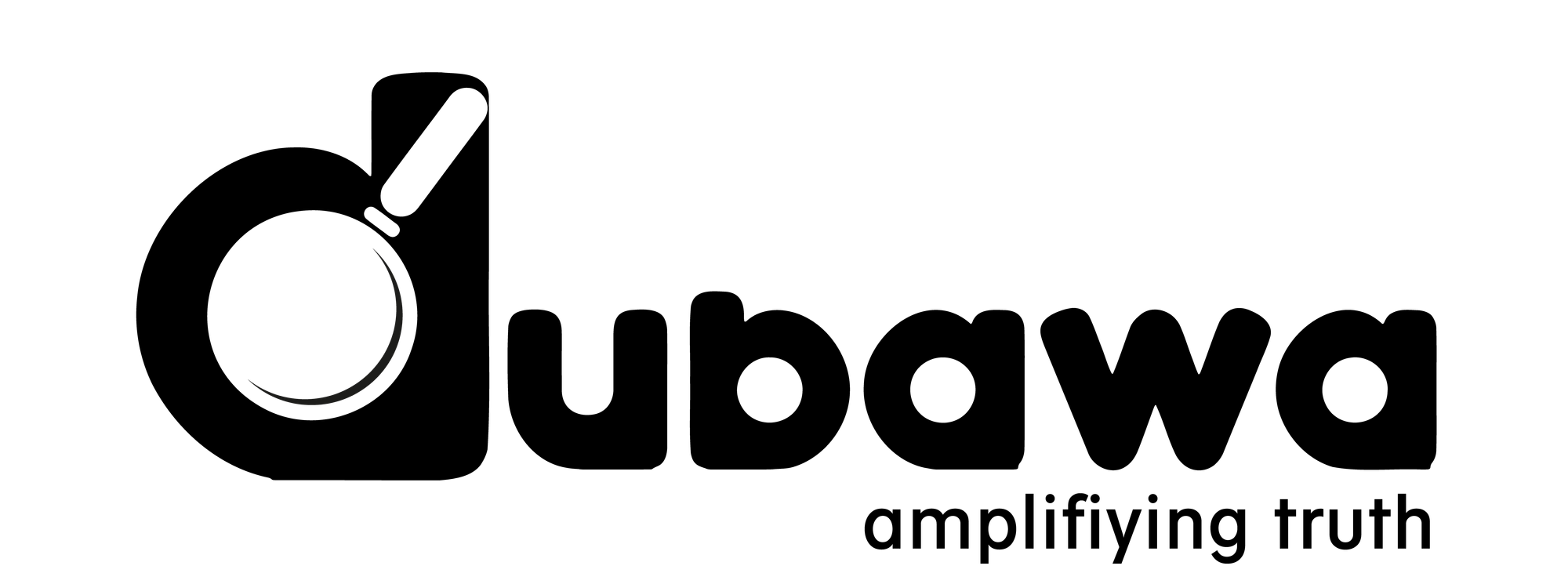
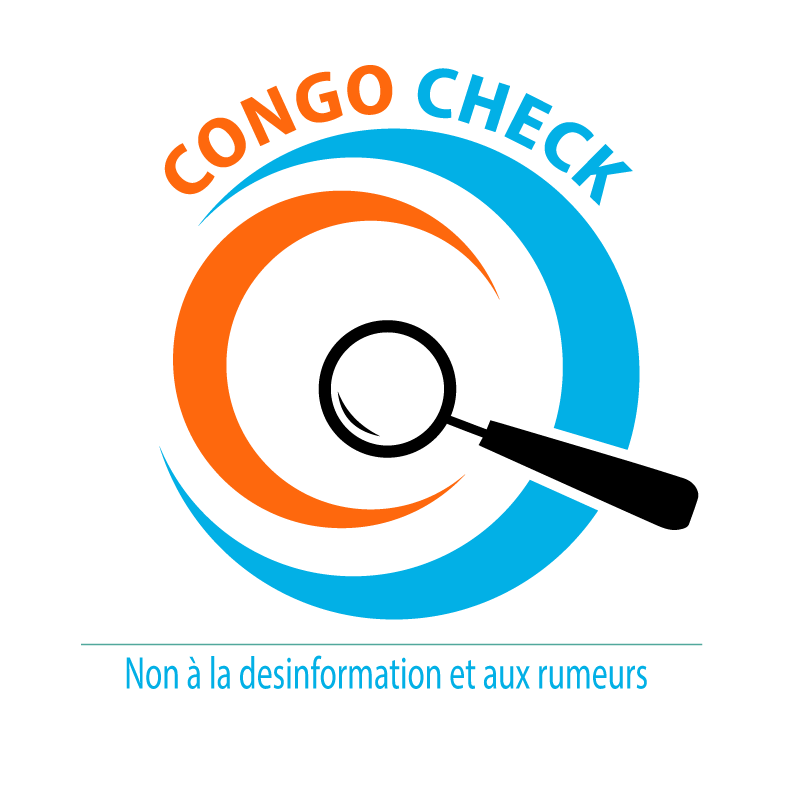
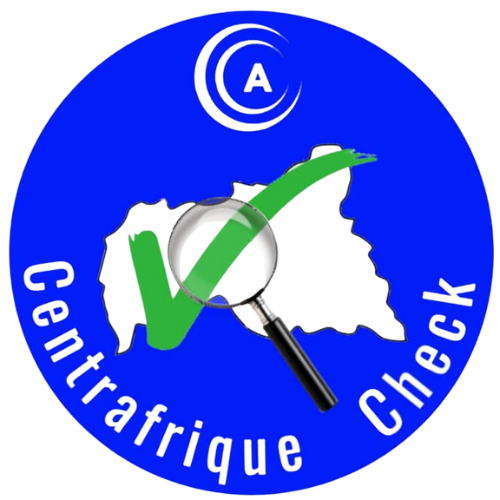

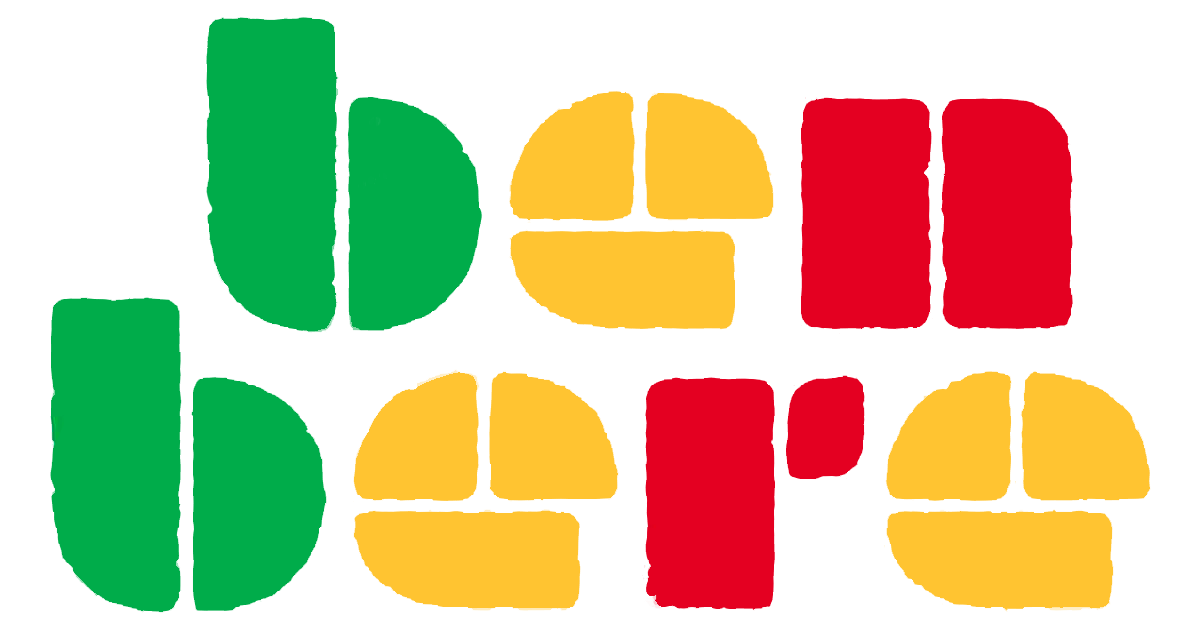

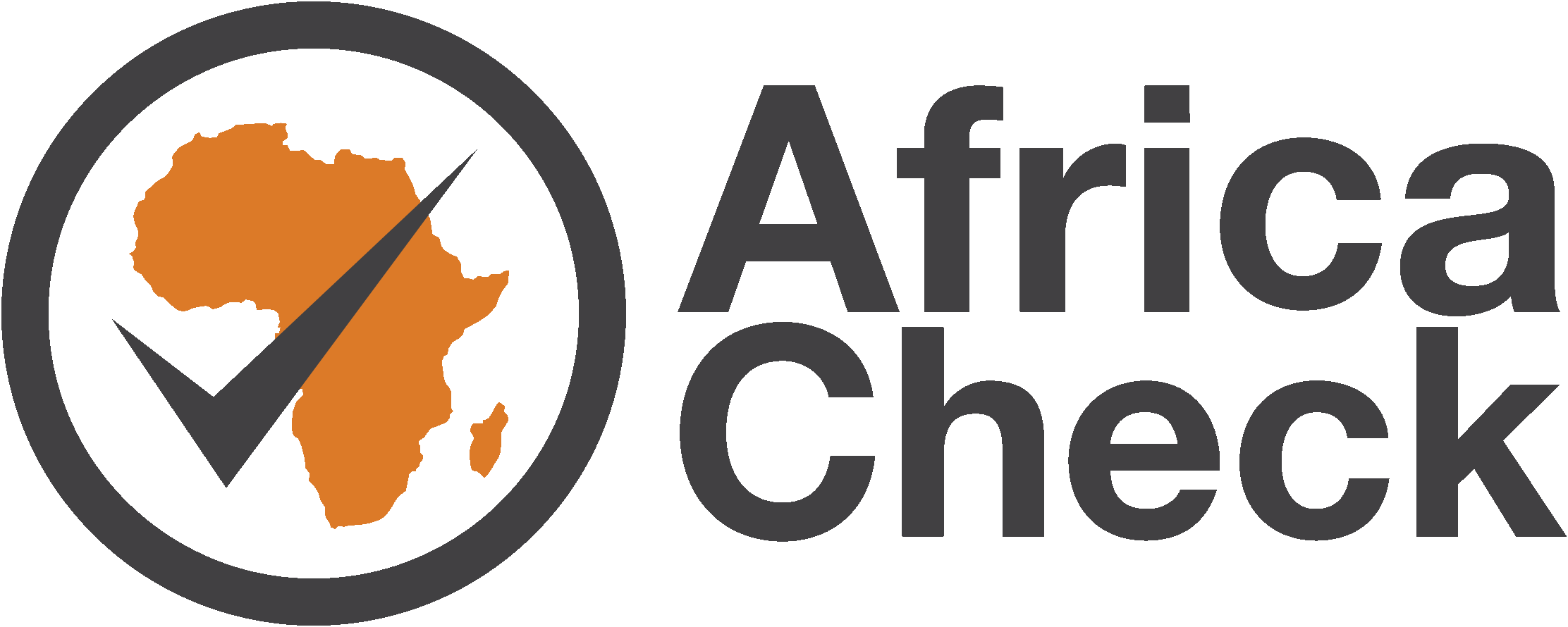
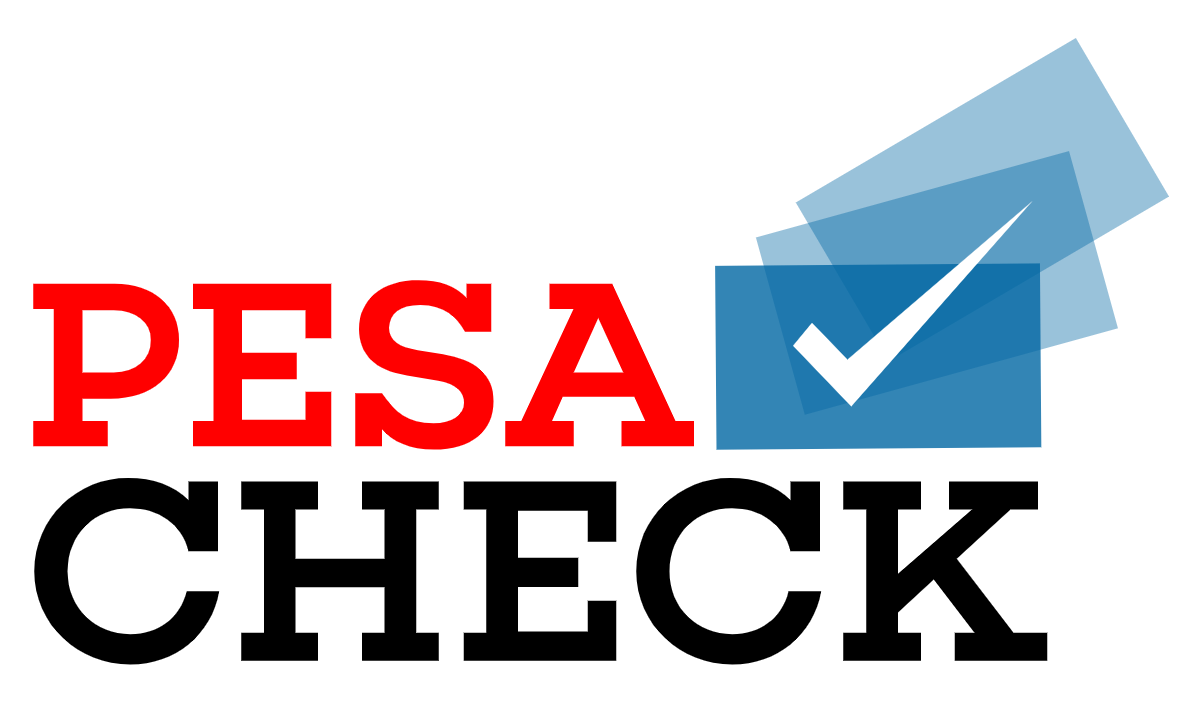
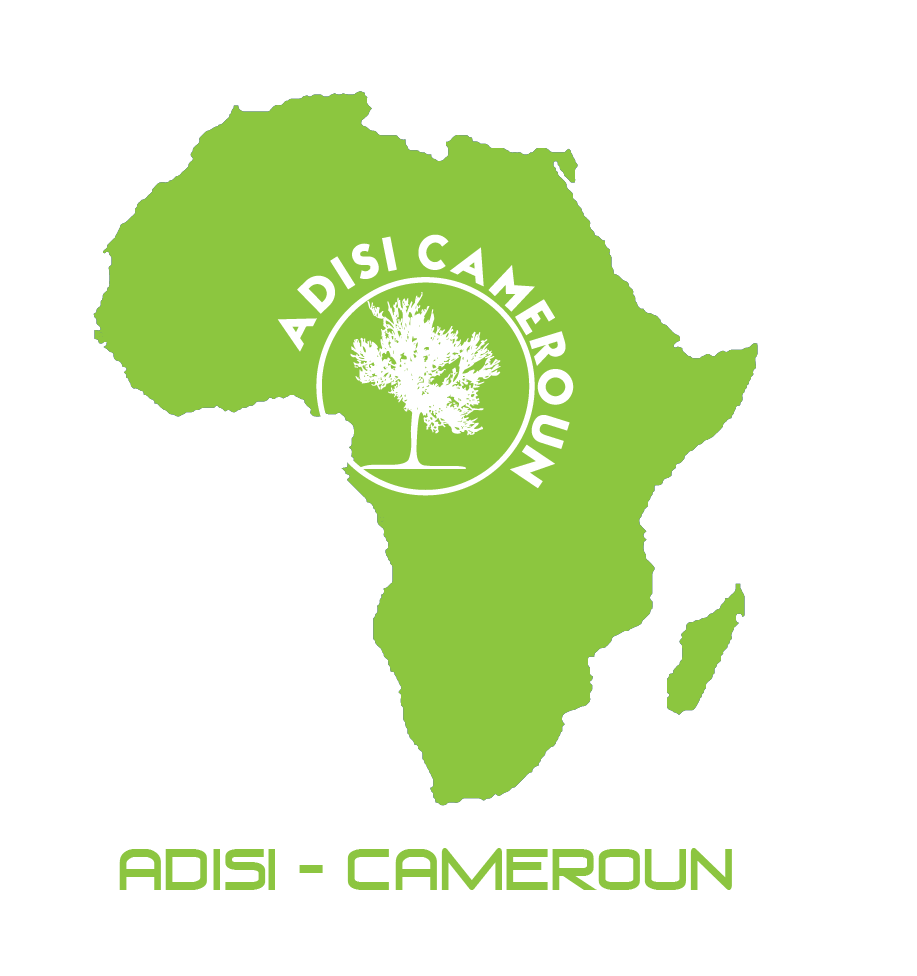















False information can exacerbate social tensions and lead to civilian disorders, playing on ethnic and political divisions.
→ See our article on the example of disinformation in NigerThe propagation of Fake News reduces the credibility of traditional and digital media, pushing people to turn to unaccompanied sources of information.
→ See our article on local media in AfricaFake-News can manipulate public opinion and affect the electoral results, by disseminating false information on candidates and electoral processes.
→ See our article on Deepfakes in AfricaDisinformation can also affect local economies by sowing panic and disturbing financial and commercial markets.
→ see our article on the summit on disinformation in AccraBy exploring our site, you will discover how we approach these questions, the strategies put in place to fight against fake news, and concrete examples of disinformation in Africa.